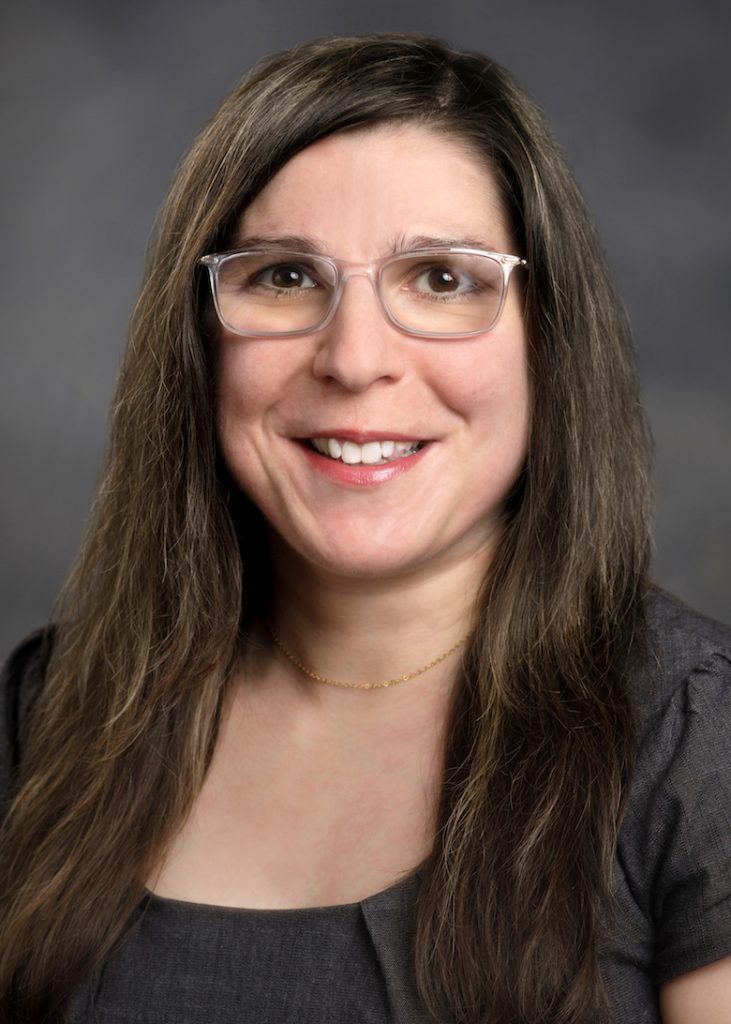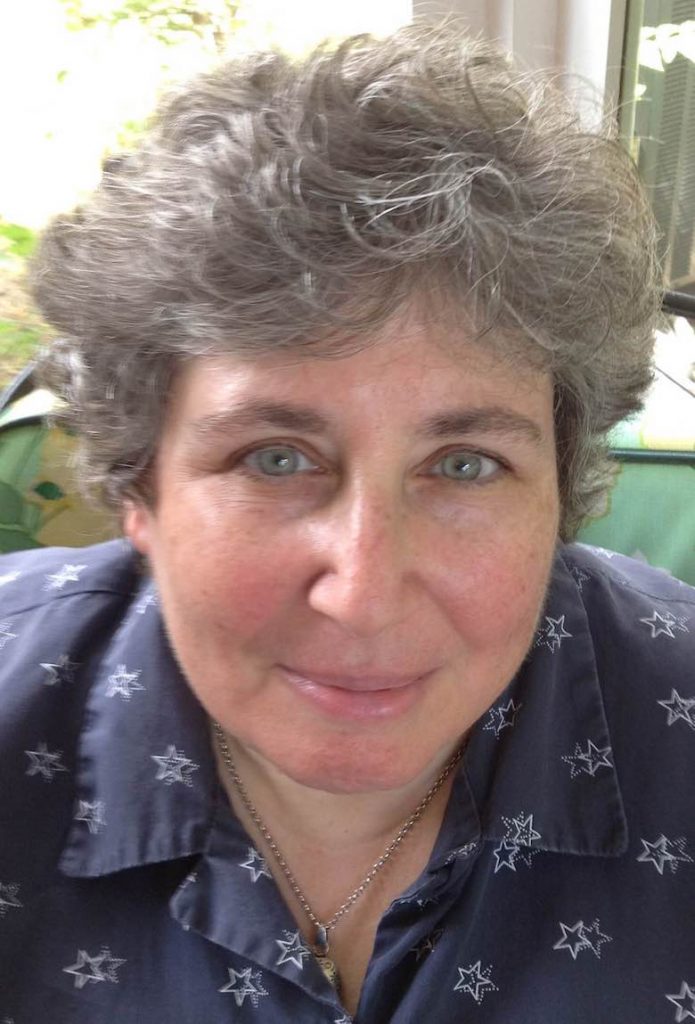International Women in Engineering Day is celebrated on June 23. This global awareness campaign, coordinated by the Women’s Engineering Society(WES), aims to increase the profile of women in engineering worldwide and focus attention on the amazing career opportunities available to girls in engineering and related industries.
In honor of the event, News@Wilkes highlights three women in engineering on the Wilkes University faculty.
Carole Emilie Baddour, Ph.D.
Assistant Professor, Mechanical Engineering and Engineering Management

1. What led you to choose engineering as a career?
My father and uncles are engineers and exposed me to the various disciplines of engineering (civil, chemical, electrical, mechanical). I developed a passion for engineering from this and was very fortunate to have their support and encouragement when I chose it as a career.
2. Where did you earn your degrees?
McGill University (Ph.D.)
The University of Western Ontario (BESc and MESc)
3. What are your areas of research interest/specialization?
My specialization is in nanomaterials – materials so small that we cannot see them with the naked eye. My research interest lies in the synthesis and applications of these materials.
4. Why would you encourage more women to consider engineering as a career?
Because engineering is truly a creative profession where you can do anything you desire! Engineering is varied and wide, allowing for a diverse choice of paths that cover many interests. It is a true service profession as the goal of an engineer is to develop solutions to the problems of today and tomorrow, enhancing our lives and the world around us. It is a challenging profession, but at the same time it is fun, exciting and rewarding.
Holly T. Frederick ’93, Ph.D., P.E., BCEE
Associate Professor, Environmental Engineering (Note: see photo above with students)
1. What led you to choose engineering as a career?
I was always good at math in school and had a math teacher who suggested I become an engineer. I also did a report on indoor air quality which led me to think about how our environment affects our health. My dad always encouraged me to appreciate nature. When I found out that environmental engineering was an option I was ready to save the world!
2. Where did you earn your degrees?
I received my undergraduate degree at Wilkes, which was good at the time and one of the only places where you could get an environmental engineering degree as an undergraduate. Our program has really grown since then! I did my graduate work at Penn State University Park in two different timeframes. I also am a Professional Engineer (PE) and am a Board Certified Environmental Engineer (BCEE) – Environmental Sustainability from the American Academy of Environmental Engineers & Scientists
3. What are your areas of research interest/specialization?
I am all about water. I had a grad school professor who said that water connects us all. As a core, I am interested in drinking water treatment and wastewater treatment processes. I also look at natural water bodies like lakes to see how we can keep the water quality at a level appropriate for a healthy system. Water also connects us to soils as we look at how pollutants are transported and erosion of soils is impacted by water. I do tend to focus a lot more on chemical reactions, but biological reactions are also critically important to keep in mind.
4. Why would you encourage more women to consider engineering as a career?
I would encourage anyone to get involved in engineering. The goal of the field is to use math and science to solve problems. The more new minds that become involved in finding better solutions to the challenges we face, the stronger our society will be.

Marleen Troy, Ph.D., P.E., BCEE
Professor, Environmental Engineering
Chair, Environmental Engineering and Earth Science Department
1. What led you to choose engineering as a career?
In high school I knew I wanted to pursue a career in the applied science field in college – I was interested in being a marine biology researcher. As an undergraduate student, I majored in biological science.
I went on to receive a Master of Science in microbiology. I did change my field to engineering and there were a number of reasons I did so. It was primarily due to the lack of a good job market when I graduated with my master’s degree and having no desire to stay on for a Ph.D. in microbiology.
I became aware of and was interested in the opportunities that an engineering degree would afford me. I was also able to get a laboratory technician position at a university that allowed me to take the required undergraduate engineering courses that enabled me to be admitted to the graduate engineering program. Ultimately, I pursued a career that is a hybrid of my biology and engineering backgrounds. After completing graduate school I worked for seven years as an engineer (specializing in bioremediation) for environmental contractors and consultants. During this time I was fortunate to work on projects that were able to be taken to completion (the remediation of contaminated sites). As a result of a change in the business direction and operations of my last employer, I was downsized. I was able to overcome this by being able to apply the skill sets that I had developed over the years in a different setting –academia – particularly as a professor of environmental engineering. In academia, I enjoy being part of the process of getting students excited about the future opportunities that an engineering degree will provide for them.
2. Where did you earn your degrees?
Bachelor of Science – Biological Science – Drexel University, Philadelphia, PA
Master of Science – Microbiology – University of Rhode Island, Kingston, RI
Master of Science in Civil Engineering – Civil Engineering – Drexel University, Philadelphia, PA
Ph.D. – Civil Engineering – Drexel University, Philadelphia, PA
3. What are your areas of research interest/specialization?
· Hazardous Waste Site Remediation / Bioremediation
· Environmental Sustainability
Am also a:
· Professional Engineer (PE)
· Board Certified Environmental Engineer (BCEE) – Environmental Sustainability from the American Academy of Environmental Engineers & Scientists
4. Why would you encourage more women to consider engineering as a career?
It’s a chance to make a difference.






